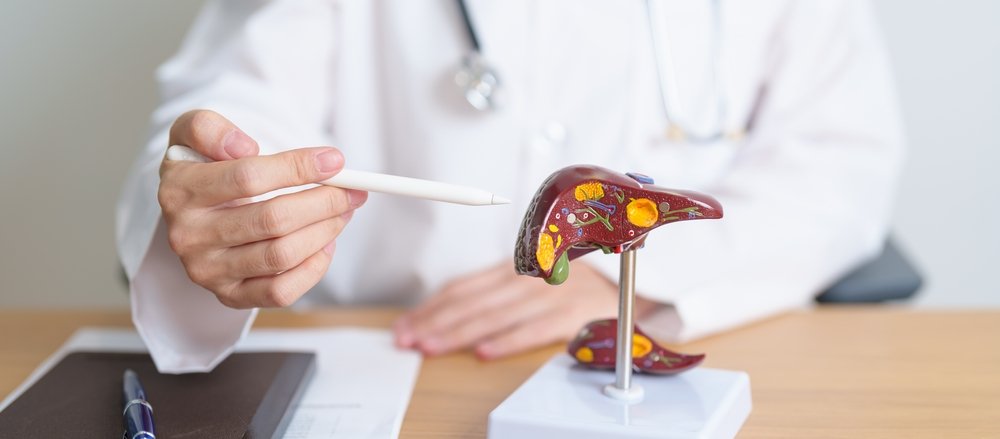Human Papillomavirus (HPV): A Comprehensive Guide
Human Papillomavirus (HPV) is a common viral infection that affects the skin and mucous membranes. It is one of the most widespread sexually transmitted infections (STIs) worldwide, with over 200 different strains. While some HPV types cause benign conditions like warts, others are linked to cervical cancer, genital cancers, and oropharyngeal cancers.
What is HPV?
Human Papillomavirus (HPV) is a common viral infection that affects the skin and mucous membranes. It is one of the most widespread sexually transmitted infections (STIs) worldwide, with over 200 different strains. While some HPV types cause benign conditions like warts, others are linked to cervical cancer, genital cancers, and oropharyngeal cancers.
HPV is highly contagious and can be transmitted through skin-to-skin contact, primarily via sexual activity. Though many infections clear on their own, persistent HPV infections can lead to serious health complications.
Signs and Symptoms of HPV
Most HPV infections are asymptomatic and go unnoticed. However, when symptoms appear, they depend on the type of HPV involved.
1. HPV and Genital Warts
- Flesh-coloured, cauliflower-like bumps on the genitals, anus, or groin
- Itching, discomfort, or mild pain
- Warts may appear singly or in clusters
- Non-cancerous but highly contagious
2. HPV and Cervical Cancer
Cervical cancer does not show symptoms in early stages. However, as it progresses, warning signs include:
- Abnormal vaginal bleeding (between periods, after sex, or after menopause)
- Unusual vaginal discharge (may be foul-smelling or bloody)
- Pelvic pain or pain during intercourse
- Persistent lower back pain
3. HPV and Oropharyngeal Cancer (Throat Cancer)
- Persistent sore throat
- Hoarseness or voice changes
- Difficulty swallowing
- Lumps or swelling in the neck
- ear pain without infection
4. Other HPV-Related Cancers
HPV can also cause anal, penile, vulvar, and vaginal cancers, with symptoms such as:
- Anal bleeding or pain
- Lumps in the anal or genital area
- Painful urination or unusual discharge
Causes of HPV
HPV is caused by the human papillomavirus, which infects the epithelial cells of the skin and mucous membranes. It spreads through:
- Skin-to-skin contact (especially in the genital area)
- Sexual contact (vaginal, anal, or oral sex)
- Sharing contaminated objects (razors, towels, sex toys)
- Mother-to-child transmission during childbirth
Types of HPV
HPV is classified into two major categories:
- Low-Risk HPV – Causes warts (genital warts, common warts, plantar warts) but does not lead to cancer.
- High-Risk HPV – Can cause cervical, anal, throat, vulvar, vaginal, and penile cancers.
HPV-16 and HPV-18 are the most dangerous high-risk types, responsible for 70% of cervical cancers.
Regions Where HPV is Endemic
HPV is a global issue and is endemic in all countries, especially where cervical cancer screening and vaccination programs are low.
High HPV prevalence is found in:
- Sub-Saharan Africa
- Southeast Asia (India, Thailand, Indonesia, Philippines)
- Latin America (Brazil, Colombia, Mexico)
- Eastern Europe
Cervical cancer is the leading HPV-related cancer in developing countries due to low screening rates.

Why Vaccinate at Trio Pharmacy's Travel & Vaccination Clinic in Shepperton?
If you’re planning to travel to an endemic region or want to protect yourself against HPV, Trio Pharmacy’s Travel & Vaccination Clinic in Shepperton is your trusted destination.
- Expert Guidance: Our trained healthcare professionals provide personalised advice tailored to your needs.
- Convenient Appointments: Flexible booking options to suit your schedule.
- Comprehensive Care: We ensure you receive the most up-to-date vaccinations and travel health information.


